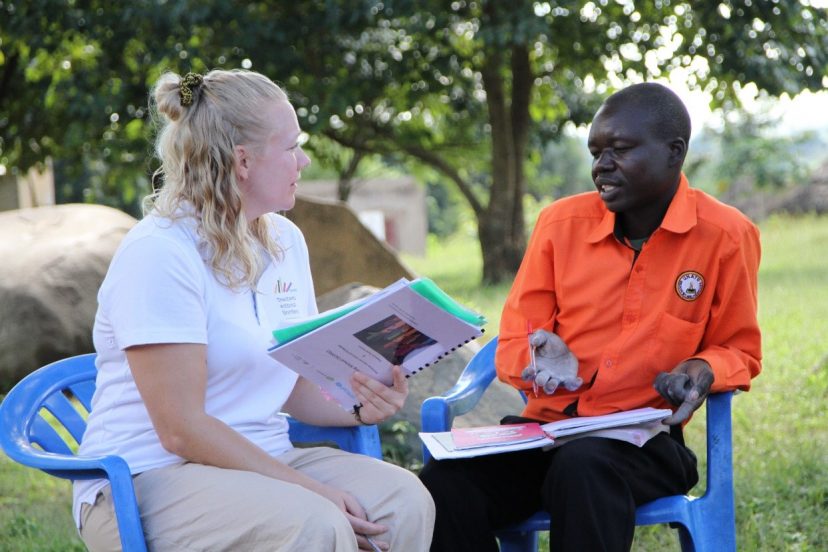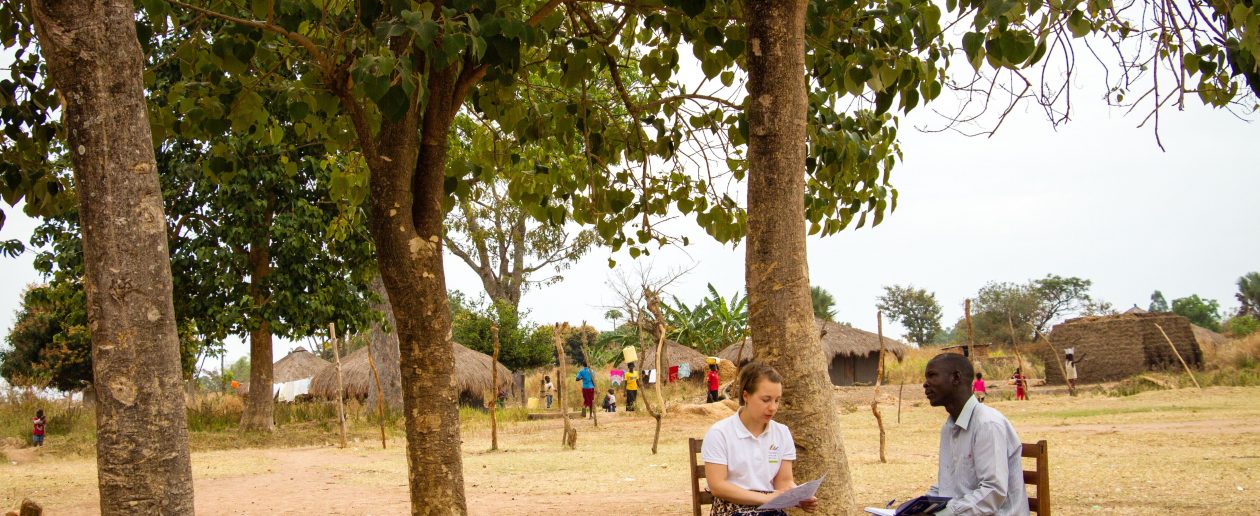Our volunteers support teacher colleagues also via distance. They have, for example, developed teacher training packages in cooperation with local colleagues. Teachers in refugee settlements in Bangladesh and Kenya have strengthen their capacity and skills through the trainings.
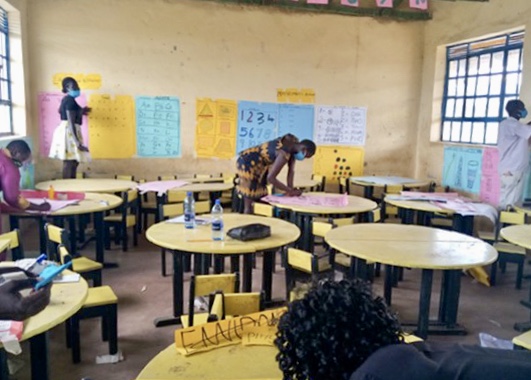
Finnish teachers mentored their Kenyan colleagues through WhatsApp. The mobile mentoring project strengthened the skills of Kenyan teachers to mentor and support their colleagues in local school settings.
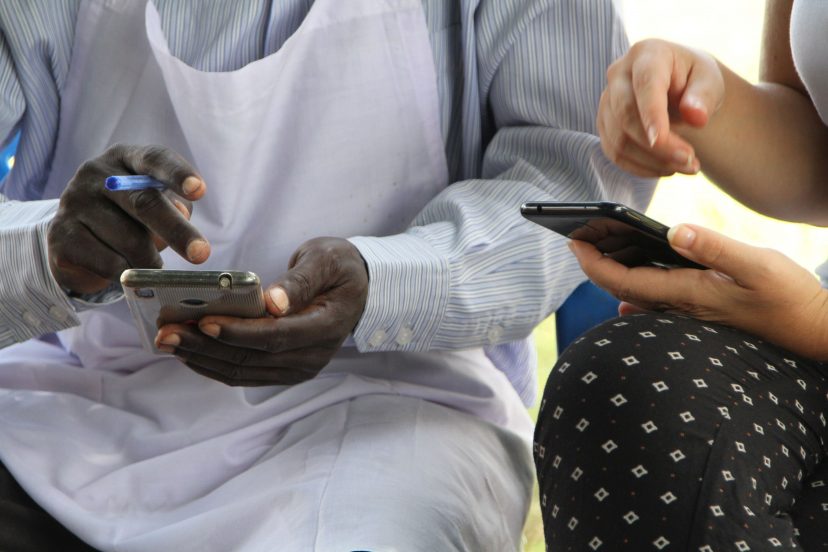
In the Palestinian territory, our volunteers have mapped out needs for teachers’ in-service training by observing lessons and interviewing headmasters and teachers. Based on these observations and interviews, our volunteers have co-designed in-service training seminars on inclusive education, positive pedagogy and learner-centered teaching methods tailored to the context.
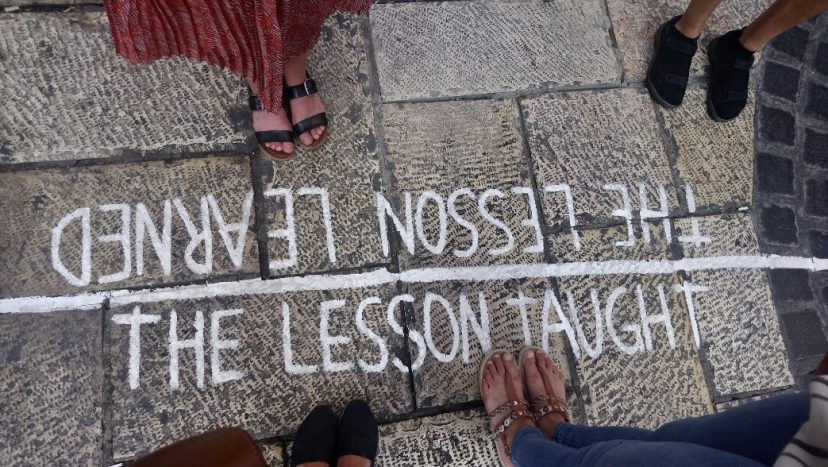
In Uganda, our volunteers have, for example, planned and implemented in-service teacher trainings and compiled a handbook for the trainings. The main themes of the trainings include active teaching methods, the replacement of teacher-led education with student-based methods, positive pedagogy, and the workplace well-being of teachers.
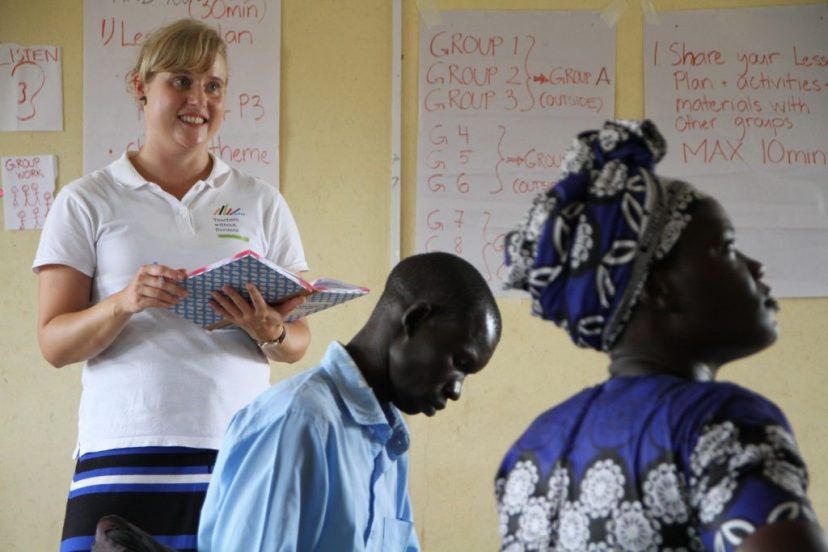
In Cambodia, volunteers have designed a model and material for student counselling development and training. They have also engaged in close cooperation with the Ministry of Education, Youth, and Sport in order to include student counselling in the national curriculum and teacher education.
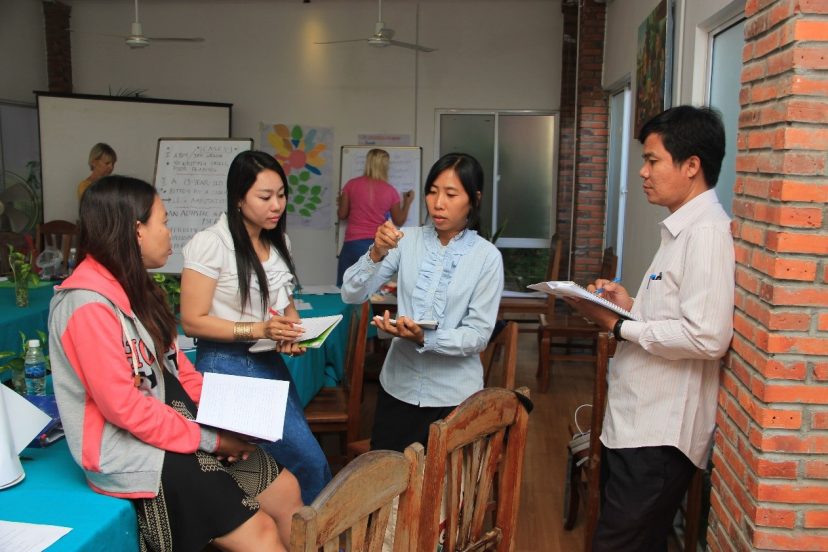
Another important theme in our work is strengthening cooperation between schools, parents and communities. For instance, with the support of our volunteers, several schools in Cambodia have begun to hold parents’ meetings where the attendees discuss topics such as how parents can support the learning of their children.
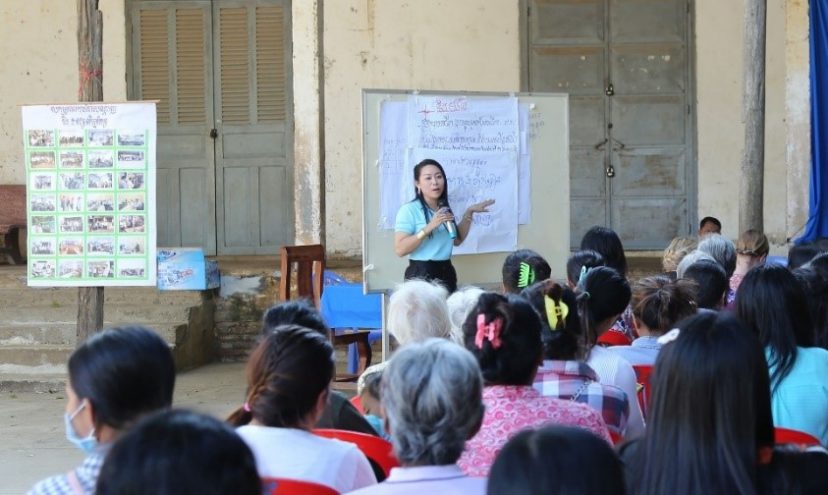
In Myanmar, our volunteers have developed student counselling and trained future student counsellors. Activities like role-playing can be used in the trainings to demonstrate encounters with students. Workshop participants have also learned through art by drawing pictures of empathy and problem-solving.
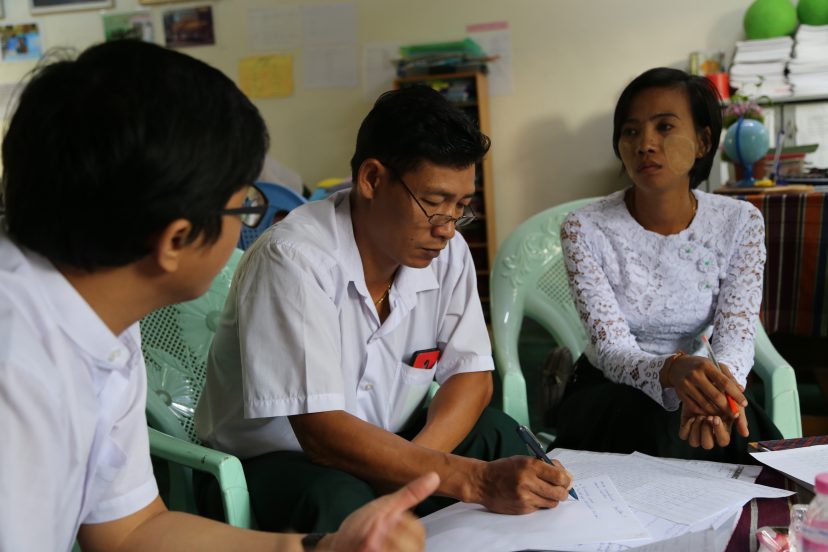
Mentoring is one of the most important methods of our work. Collegial support via active listening, giving constructive feedback and exploring solutions together build a solid foundation for professional growth.
